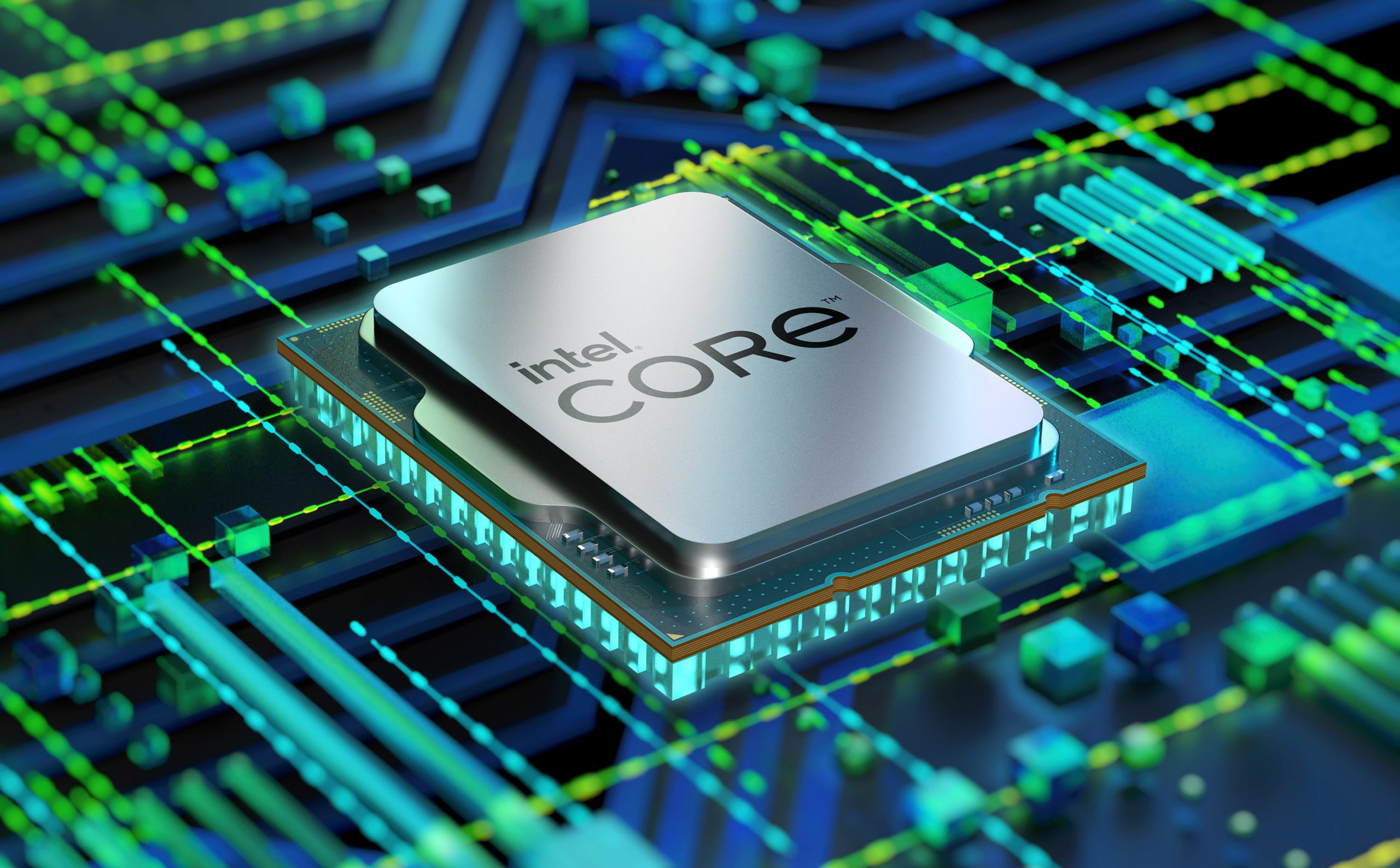Intel Alder Lake for desktops has been performing well, and many are waiting for the mobile version to release, especially on the heels of Apple’s new MacBook Pros.
While there are no Alder Lake-based laptops out yet, the first benchmarks have already started popping up. Nearly all of the tests show favorable results for the upcoming 12th generation of Intel’s CPUs against some of its most important rivals.
This time, a rumored MSI laptop has been benchmarked running on an Intel Core i7-12700H processor. Intel Alder Lake-P breezed through the tests, beating not just AMD, but also Apple’s pride and joy — the M1 Max chip.
Cinebench tested the Core i7-12700H in R20 and R23, including both single- and multi-core performance. It’s not a stretch to say that it performed excellently in both of those tests. In the Cinebench R20 test, Alder Lake scored 689 points in single-thread operations, beating previous-gen Intel by 12% and the AMD Ryzen 9 5900HX by 21%.
Multi-core operations in Cinebench R20 also went well for Alder Lake-P, as it scored 7,158 points. This makes it 47% faster than AMD Ryzen 9 5900HX. As AMD has made a name for itself based on the superior multi-core performance offered by its processors, this kind of result might be a huge victory for Intel.
Intel Core i7-12700H didn’t just outperform the current generation of Ryzen CPUs, it also demolished Apple’s ultrafast M1 Max chip found in the 16-inch MacBook Pro — at least in this Cinebench R23 benchmark. While only multi-core operations have been published so far, the benchmark shows that Intel outperformed the M1 Max chip by a whopping 49%, scoring an impressive 18,501 points. All of these results bode well for Intel’s upcoming laptop releases.
Intel’s new mobility CPU, the Intel Core i7-12700H, is a laptop processor with six Golden Cove (performance) and eight Gracemont (efficiency) cores. According to current rumors, the processor will come with three energy modes, including U15 (12 watts to 20 watts), U28 (20W to 28W), and H45 (35W to 45W). There might also be an H55 variant with a higher TDP, and thus increased performance, but it’s still uncertain which models of the CPU will include that.
The new benchmark comes from Cinebench and was reported by Notebookcheck. Full information on the system it comes from was not released, but strong evidence points toward it being a new iteration of MSI GE76 Raider, which is MSI’s flagship line of gaming laptops.
Two pieces of evidence point to the laptop in question being an MSI GE76 Raider 12UH device. The first is simple: The screenshot of the benchmark clearly includes a partially hidden MSI logo. The second is related to the BIOS naming convention of this series of laptops and actually comes from a different benchmark that included a Core i9-12900HK CPU. Although none of this is confirmed, assuming that MSI has a new Raider laptop in the works seems like a fairly safe bet.
It’s important to view these findings with skepticism, as nothing is set in stone until the real product is released. However, Intel Alder Lake-P has been performing well in early benchmarks across the board. And outperforming both AMD and Apple is no small feat.
AMD is set to release new mobility CPUs in 2022, and Apple will surely follow with the next iteration of the M1 Max chip — but it seems that for the foreseeable future, Intel may come out on top.
